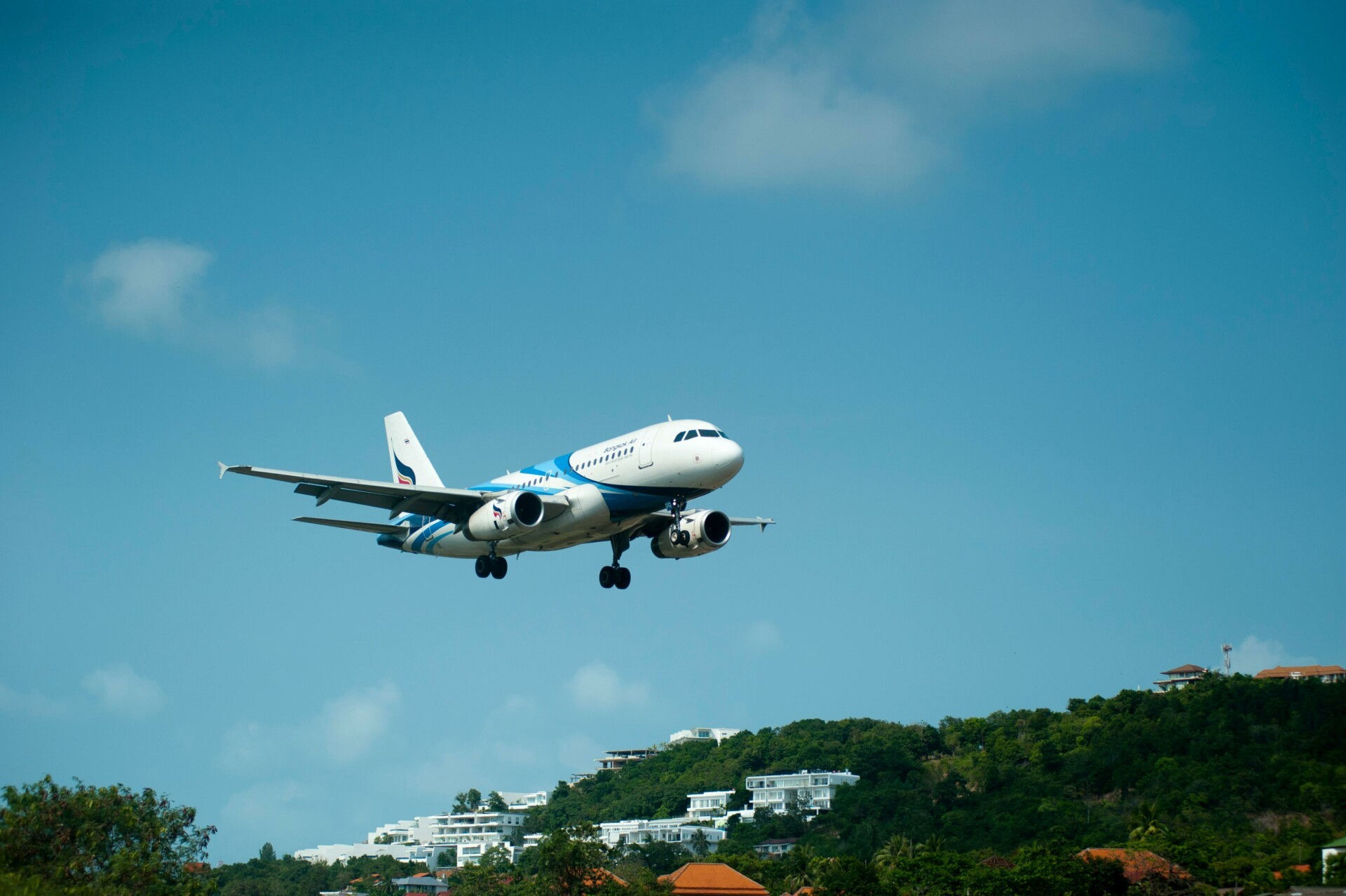Chart of the week, 2024-KW28
11 July 2024

Result
The same question arises every year: How do we want to go on holiday? Do we fly, hire a motorhome, take the train or a coach, or do we drive our own car? The clear winner has always been the car. In a 10-year comparison, it has clearly lost popularity, but is still used by more than two in five Germans to reach their holiday destination. The proportion of air travellers has risen by more than ten percentage points to currently 37 percent. Bus and train, motorhome or boat remain relatively constant and continue to complement but not replace car and plane travel.
Reasons
Convenience and flexibility continue to speak in favour of owning a car. Travellers can plan their route individually, take spontaneous detours and travel independently of timetables. In addition, many holiday destinations within Germany can be reached quickly and easily by car. Despite these advantages, there has been a significant increase in air travel. One of the main reasons for this is the often favourable price of air travel. Low-cost airlines have changed the market over the past ten years and made flying accessible to a broad section of the population. In addition, air travel enables fast and direct connections to international destinations.
Rail is the mode of transport of choice for around one in ten holidaymakers. Good train connections, moderate prices and an increasing interconnection of European rail networks as well as the possibility of travelling in a relaxed manner without having to worry about driving and at the same time protecting the environment speak in favour of a holiday trip by train.
Other modes of transport such as motorhomes, coaches and boats continue to play a complementary role. Motorhomes offer a high degree of flexibility and adventure for individual travellers, while coaches are a cost-effective option. Ships, especially cruise ships, offer a unique travel experience but are only an occasional alternative for most holidaymakers.
Forecast
The current situation can be expected to continue in the future, although this is dependent on various developments. Electromobility can make travelling by car even more attractive if an appropriate charging infrastructure is available. The combination of flexibility, affordability and sustainability, as well as the prospect of autonomous driving, may encourage more holidaymakers to use their own car.
The railway can also benefit from further technological innovations. High-speed trains and improved international connections will make the railway a more attractive alternative. Initiatives such as the European Green Deal will continue to drive investment in sustainable transport infrastructure. The affordability of rail travel, coupled with its low environmental footprint, will make it an attractive alternative for many travellers.
Air transport faces the challenge of becoming more sustainable. The development of resource-saving engines and measures to improve efficiency will be unavoidable. Nevertheless, there is still no alternative to flying for a large number of destinations.


